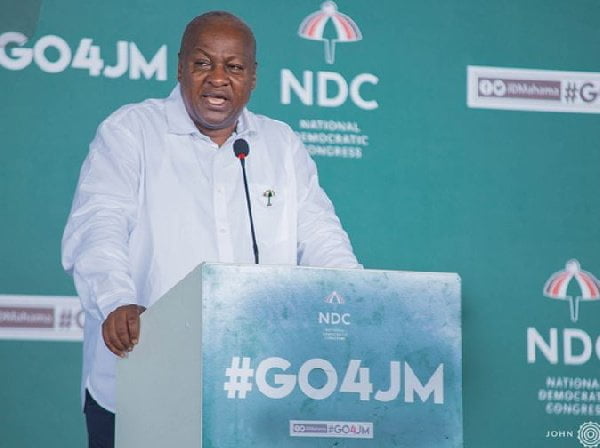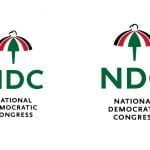The Governance Research Bureau has observed that the NDC has the potential of winning the 2020 elections based on its analysis of EC certified results of the parties since 1992.
According to the analysis, the NDC requires a minimum of 113,165 votes above their average of 5,327,378 to win the elections in the first round while the NPP has a much bigger task of crossing the 50 per cent plus one with minimum votes of 372,135 above their average of 5,068,408, the Bureau stated.
Discussing the 2020 elections from the perspectives of Statistics and Political Science on TV3 Election Watch programme last Sunday, Dr. Ezekiel Nii Nortey and Dr. Kwame Asah Asante, Resource Persons from the Governance Research Bureau, said the prediction was based solely on the analysis of data.
However, they explained, that other variables such as the economy, health, education, infrastructure, corruption, Covid 19 pandemic, among others, could alter the results either way.
They said their analysis showed that in terms of average electoral performance of the two dominant political parties, the NDC had so far done better than the NPP and the other parties because they had won more elections than the NPP since 1992.
For the NDC, they stated, their national average of 48.96 per cent represents 5,327,378 votes while that of the NPP is 46.58 per cent representing 5,068,408 votes and the other parties, 4.47 per cent representing 486,384 votes.
Dr. Nortey, who is also Senior Lecturer in the Department of Statistics and Actuarial Science at the University of Ghana, Legon, said while the NPP had an advantage of expanding their average votes to 6,805,998, in the 2020 elections, the NDC could also expand theirs to 6,654,915.
He observed that the NPP was stronger in their strongholds of Ashanti and Eastern Regions than the NDC in their strongholds of Volta, Upper East, Upper West and Northern regions.
“In their strongholds, the farthest the NDC can go in terms of votes is an average of 1,742,658 representing 66.93 per cent whereas the NPP can obtain 2,118,663 representing 65.04 per cent,” the researchers noted.
For his part, Dr. Asah Asante, who is also Senior Lecturer in the Department of Political Science, University of Ghana, Legon, threw light on the performance of the two parties in the swing regions of Greater Accra, Central, Western and Brong Ahafo.
He explained that the NDC was stronger in the swing regions because their average performance in terms of votes was 2,515,421 representing 50.11 per cent while that of the NPP was 2,318,503 representing 46.19 percent.







